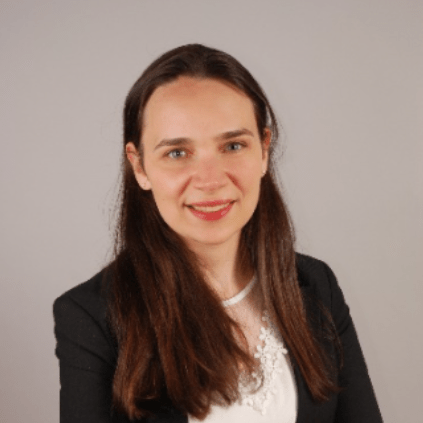INSEAD Alumni in energy, interview series
We open our series of interviews with Tom Delay – Chief Executive of Carbon Trust – a company on a mission to accelerate the transition to Net Zero. Here, Tom explains the difference between Net Zero and Carbon Neutrality and shares key trends and challenges and his reasons for staying optimistic.
Carbon Trust was launched with an aim to speed up the transition to Net Zero, supporting businesses and governments across multiple dimensions: “providing insights to support better decision-making, working alongside clients on implementation projects and providing certification for successful outcomes.”
Under Tom’s leadership, the Carbon Trust has been powered by the mission to accelerate the move to a decarbonised future, bringing businesses, governments and financial institutions to the table to unlock collective change across sectors. It has grown to be a global organisation of over 400 experts, attracting the top talent in the sector.
Some of Carbon Trust’s main areas of focus are energy efficiency (including waste management), renewables and commercial property. All three are interconnected: for example, waste management helps by making producers decrease CO2 by converting food waste at scale into biogas through anaerobic digestion, renewables produce clean energy needed for commercial properties and other industries and commercial property can optimise energy consumption and CO2 emissions during the construction process and when the building is occupied.
When asked what Net Zero is, and how it is different from the now-widespread term “Carbon Neutrality”, Tom explains that the two terms are complimentary.
Net Zero is a comprehensive long-term strategy focused on reducing a country’s or a company’s emissions to an absolute minimum, with remaining emissions being captured. Investor expectations in this regard are rising year on year and companies need to respond with a comprehensive strategy. This is where Carbon Trust can bring their expertise to bear.
Carbon neutrality, by contrast, refers to the measurement of an organisation’s or product’s carbon emissions that are “being offset to bring the total to zero at that point in time”, Tom explained. “This doesn’t really remove greenhouse gas from the atmosphere, but relies on carbon offsets that are often just avoided emissions. Examples would include funding of a low carbon alternative (renewable power) or paying to limit potential carbon emissions (deforestation). This is something that helps make an impact quickly, is easy to measure and that consumers can understand and support. But it doesn’t get the world to Net Zero, it is not enough”.
Carbon Trust’s focus is on emissions reduction, building the route to Net Zero for companies and organisations and providing assurance that this is being done to the highest standard.
There are two things happening right now, the first is the energy crisis in Europe. It puts an enormous focus on energy resilience at the time when oil and gas supply is compromised and prices are at record levels. It’s easy to argue the case for new fossil fuel supplies to increase energy independence. However, this won’t address energy prices in the short-term given how long it takes to develop new oil&gas sources, and it goes against commitments made towards New Zero. To reduce prices quickly we should focus on the demand side, energy efficiency and to build the lowest cost energy systems for the future we should invest in renewable power, which is now the lowest cost energy source, and storage/interconnectors to provide resilience.
The second issue of today is whether international support exists to drive global transition to Net Zero. Tom just came back from COP-27 and kindly agreed to share his fresh perspective.
A few thoughts:
- There was real commitment from countries on the ground demonstrating their progress: the country pavilions for Chile and Colombia were bigger than those of France, Germany and the UK
- The aim of keeping temperature rise within 1.5C is still alive but increasingly challenged as countries realise the full scope of what this requires
- The agreement to address “loss and damage” in the developing countries was welcome even if the initial financial commitments are modest. This has unlocked a pathway to a solution for an issue that has been debated for the last twenty years.
To read more on Tom’s experience during COP-27 and about Carbon trust follow the link: https://www.carbontrust.com/cop27
More on Net Zero and the difference between Carbon Neutrality: https://www.carbontrust.com/news-and-events/insights/what-is-net-zero-and-why-does-it-matter

